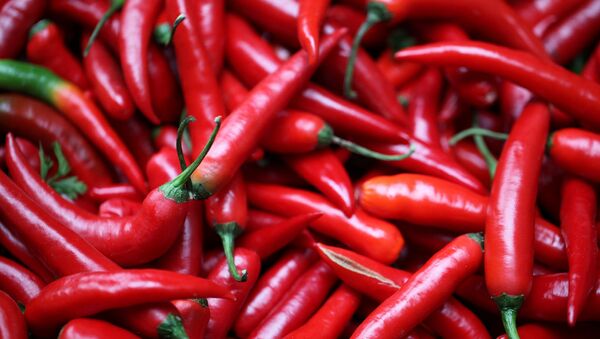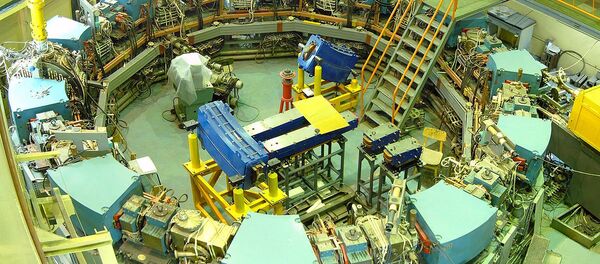Scientists from Ruhr-University, in Bochum, Germany, carried out experiments to find out how human samples of breast cancer reacted when affected by the spicy molecule.
It was determined that capsaicin can attach itself to the membrane of a diseased cell and switch on specialized receptors controlling what substances enter and exit the cell. By triggering these channels, capsaicin can send a cancer cell into overdrive, prompting it to self-destruct. By causing cancer cells to die, tumor growth is halted.
"In our experiments, a significant reduction in cell proliferation after capsaicin stimulation was observed," said Dr. Lea Weber, a member of the scientific group that organized the experiment.
"This finding was in accordance with the results of other scientists, who demonstrated a significant decrease in the cell growth rate of MCF-7 breast cancer cells upon capsaicin stimulation."
Unfortunately, it doesn't mean that cancer can be beaten just by eating more spicy food. Capsaicin does not appear to work as a cancer-killing agent if eaten, inhaled or injected. But researchers say it still has a medicinal potential and can be effective as a pill combined with other drugs to target cancer cells.



